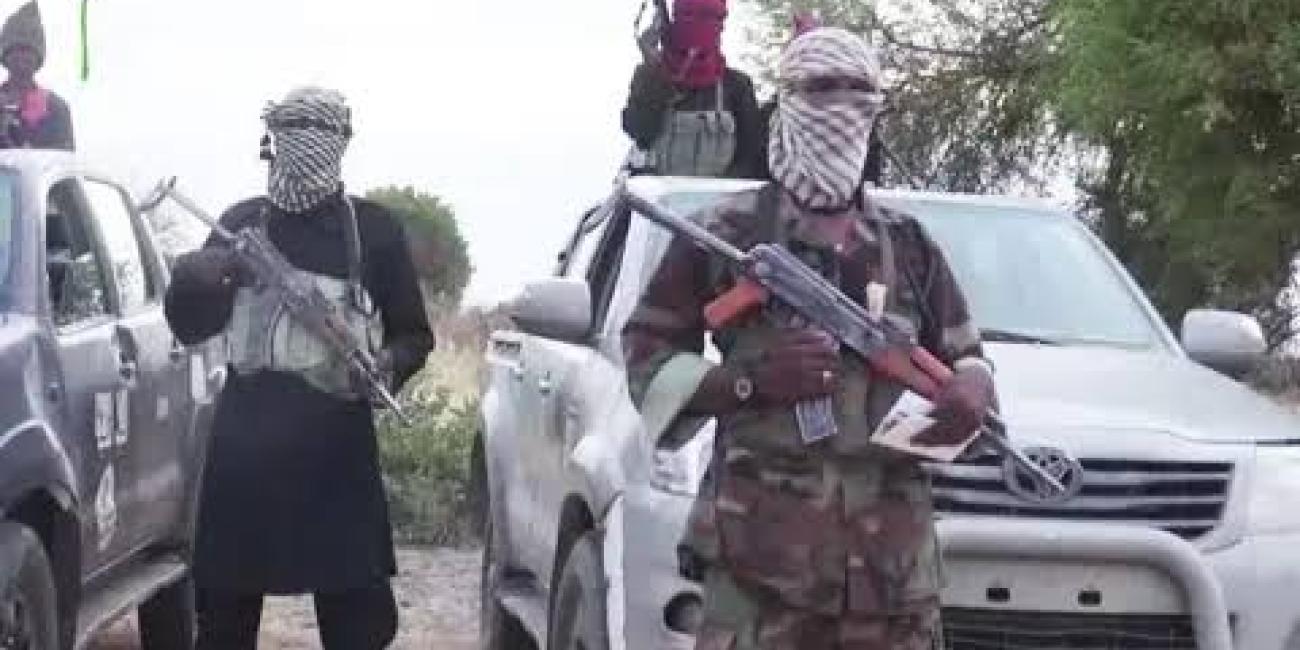
Less than 24 hours after a deadly attack in Southern Kaduna that left seven dead and eight, mostly minors, injured, armed bandits have launched another assault in Hunkuyi, the headquarters of Kudan Local Government in Northern Kaduna.
The attackers killed one person and abducted one Alhaji Shehu Dakin.
Details on additional casualties are still emerging.
On Monday, Bellnews reported that a deadly terrorist attack had claimed seven lives in Southern Kaduna, despite a peace pact between the Kaduna State government and bandit leaders operating in the state and other parts of northern Nigeria.
Bellnews learned that heavily armed attackers struck late Sunday night into the early hours of Monday, killing seven people, mostly minors.
Sources told Bellnews that several adults managed to escape.
Mr. Iliya Tata, a community leader and Public Relations Officer 1 of the Irigwe Development Association, confirmed the incident and shared graphic images with Bellnews’ New York office.
“There was an attack on Sunday night, August 24, by Fulani marauders at a community known as Angwan Rimi in Kamaru Ward of Kauru LGA (local government area) of Kaduna State,” he stated.
“Seven persons have been killed, while eight others sustained gunshot injuries and machete cuts.”
The leadership of the Irigwe Development Association, Kamaru branch, condemned the heinous attack and urged all communities to protect themselves.
They also called on security agencies to take urgent action and ensure the safety of the affected areas.
“Reports indicate the following persons were murdered in cold blood, and those who were injured. Jacob Zaka, 12; Magret Mathias, 5; Delight Paul, 1; Sati Markus, 9; Confidence Yakubu, 15; Veronica Paul, 25; Matthew Sunday, 14; and Felicia Francis 15,” the organisation said.
“We use this medium to call on the Federal Government, Kaduna State governments and Kauru Local government to intervene by making sure lives of the people and our communities are well protected.
“Once again, we appeal to all members of the public to remain calm during this mourning period, trusting that the security will do the needful to restore the confidence of the people. May God Almighty condole us on this unfortunate incident.”
He provided the names of eight locals who were critically injured and were fighting for their lives: Mathew Sunday, 14; Jethro Istifanus, 7; Jackson Istifanus, 5; Emmanuel Morris, 14; Agatha Sylvester, 9; Joy Markus, 9; Devine Paul, 1; and Mary Ishaya, 12.
The Kaduna State government, in collaboration with federal agencies, had launched what it called the “Kaduna Model”—a holistic peace initiative aimed at addressing both the symptoms and root causes of insecurity.
The pact involved direct engagement with notorious bandit leaders operating in areas like Birnin Gwari and Giwa. These were not petty criminals; they were warlords like Yellow Jambros and Dogo Gide, men accused of mass killings, kidnappings, and extortion across Kaduna and neighboring states.
Yet, under the new peace deal, many of them laid down their arms. Around 200 fighters reportedly surrendered, some even enrolling in government-run rehabilitation programs.
The initiative included promises of disarmament, reintegration, and rural development. Roads once feared, like the Kaduna-Birnin Gwari highway, reopened, and villagers began returning to their homes. The government touted these as signs of progress, a fragile hope in a region long defined by despair.
Still, the pact was not without controversy. Critics, including Christian leaders and other stakeholders, voiced concern over the lack of transparency and the exclusion of victims from the peace process.
The Northwest Governors Forum had previously agreed to reject negotiations with criminals, making Kaduna’s unilateral move a bold departure.
Governor Uba Sani defended the approach as a “carrot-and-stick” strategy, insisting that peace must be pursued from a position of strength.

